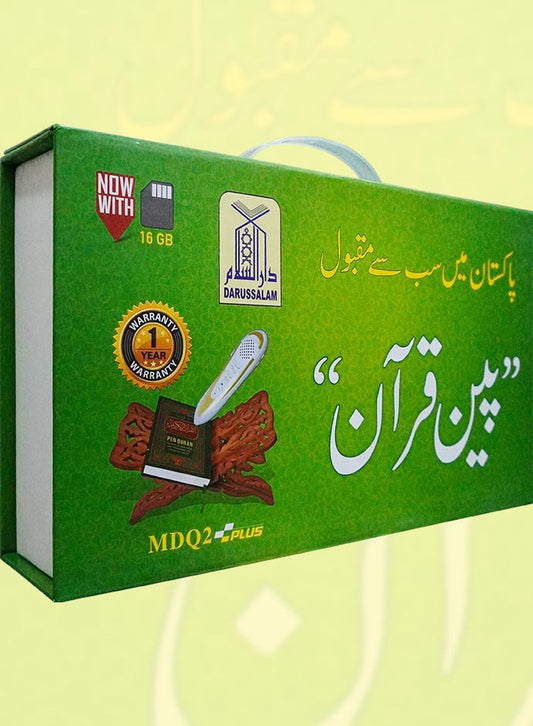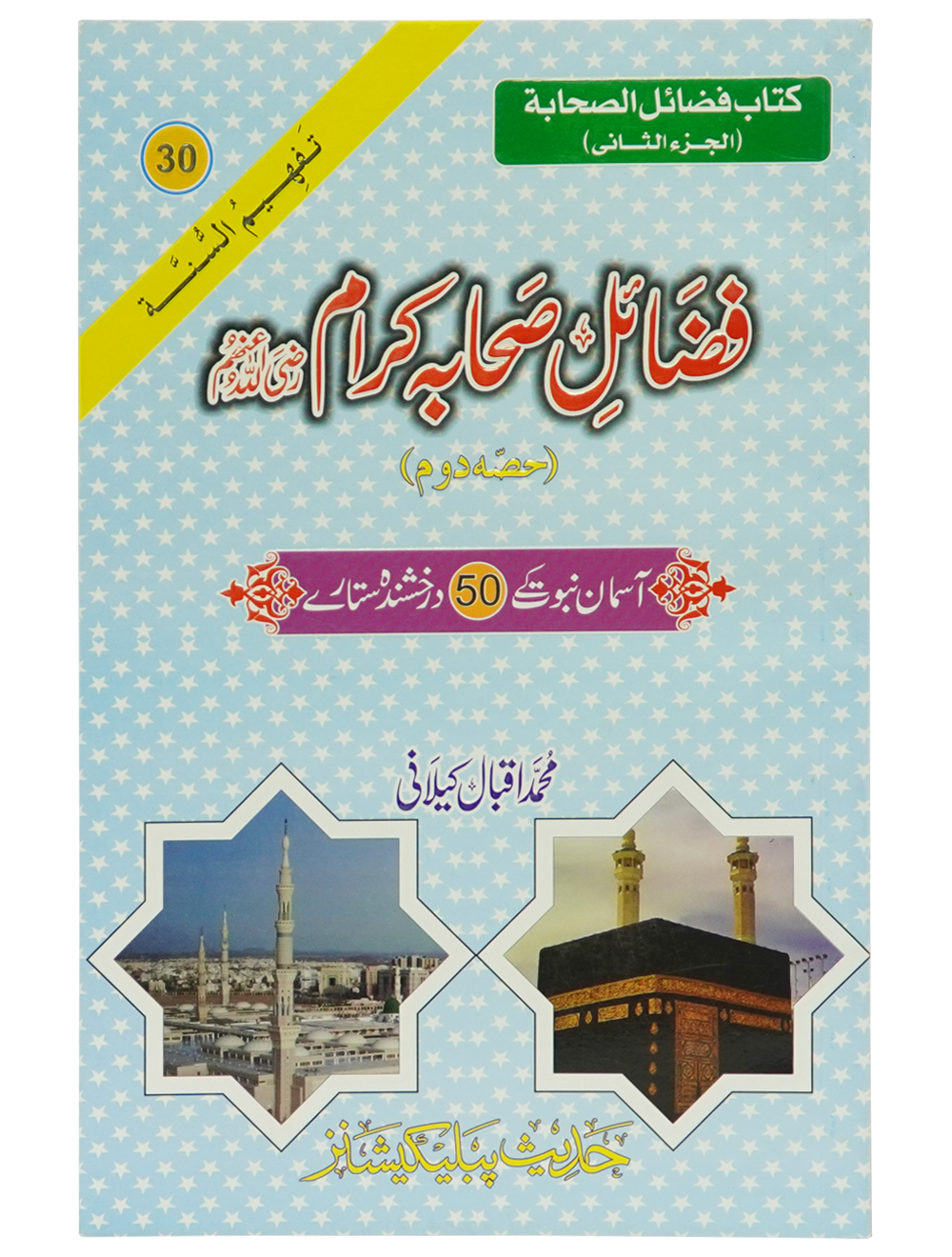
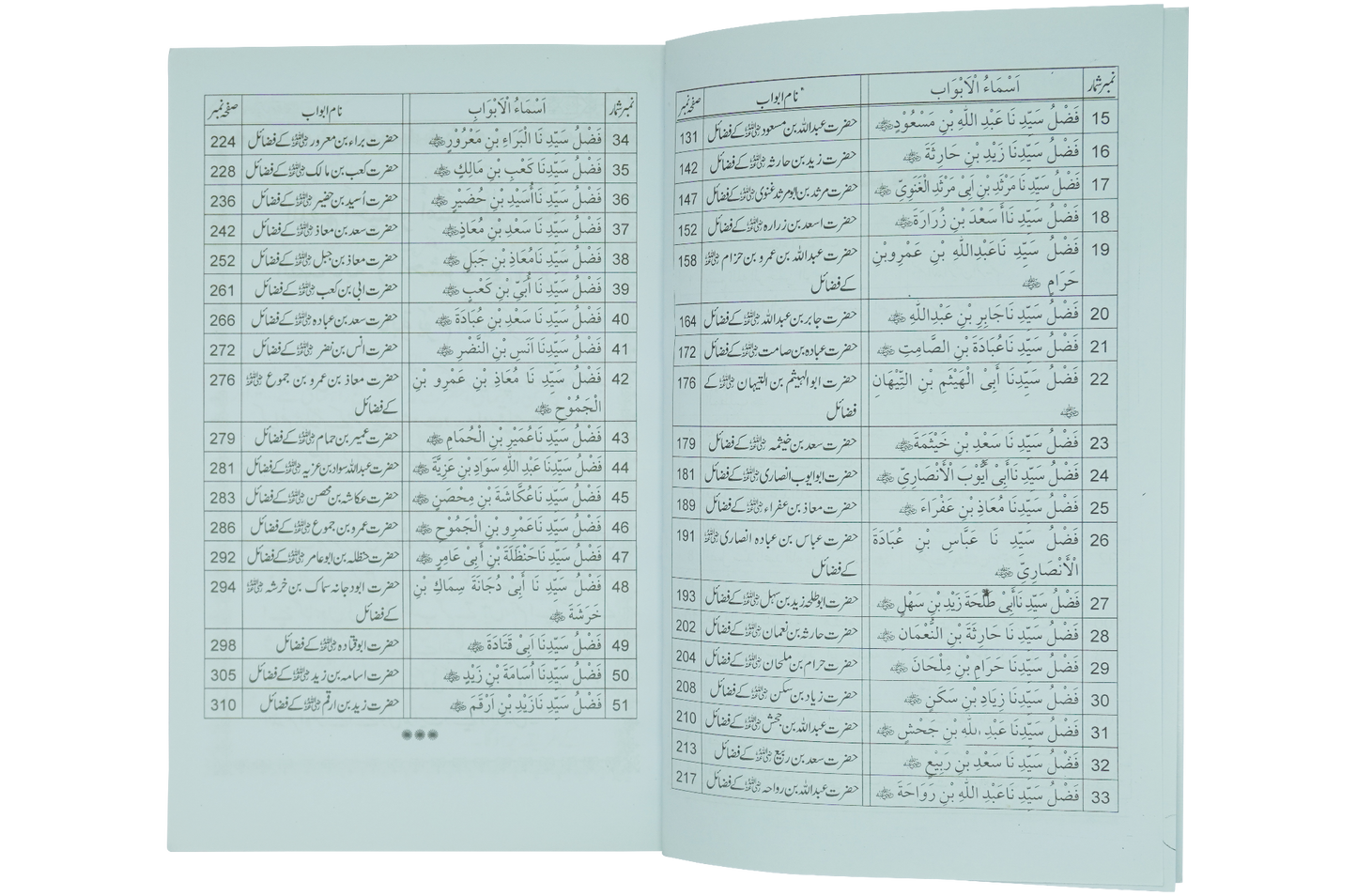
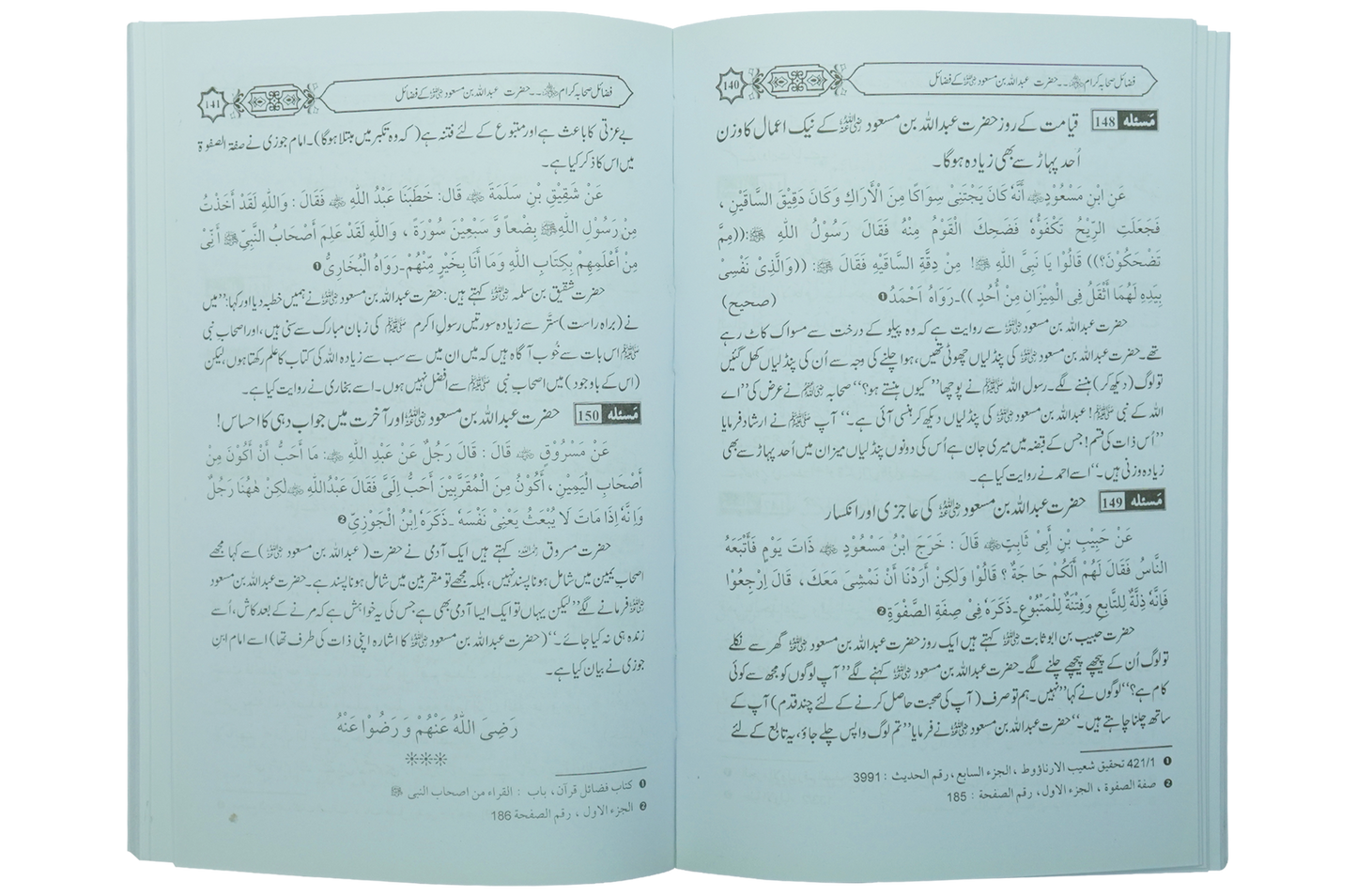
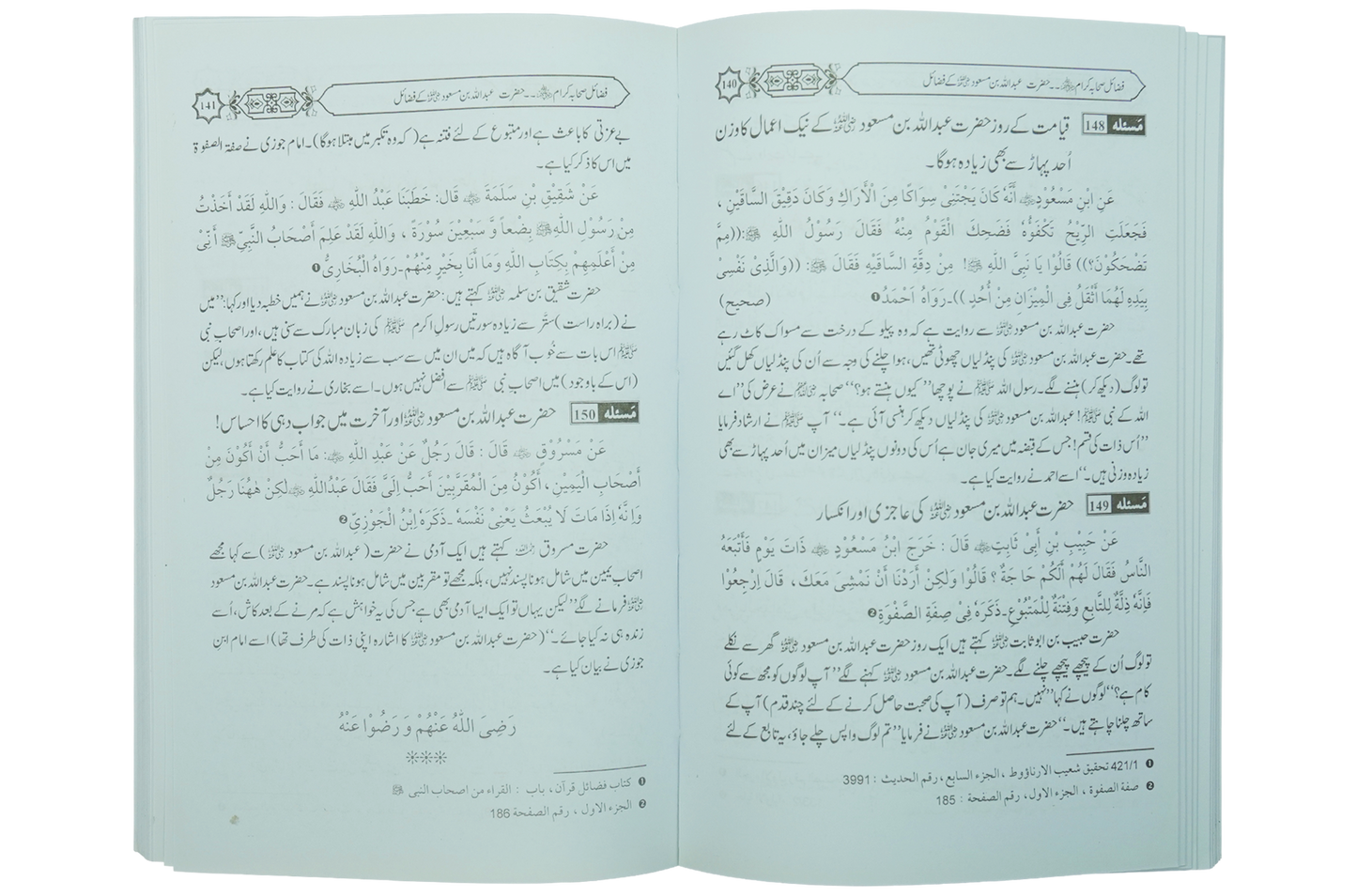
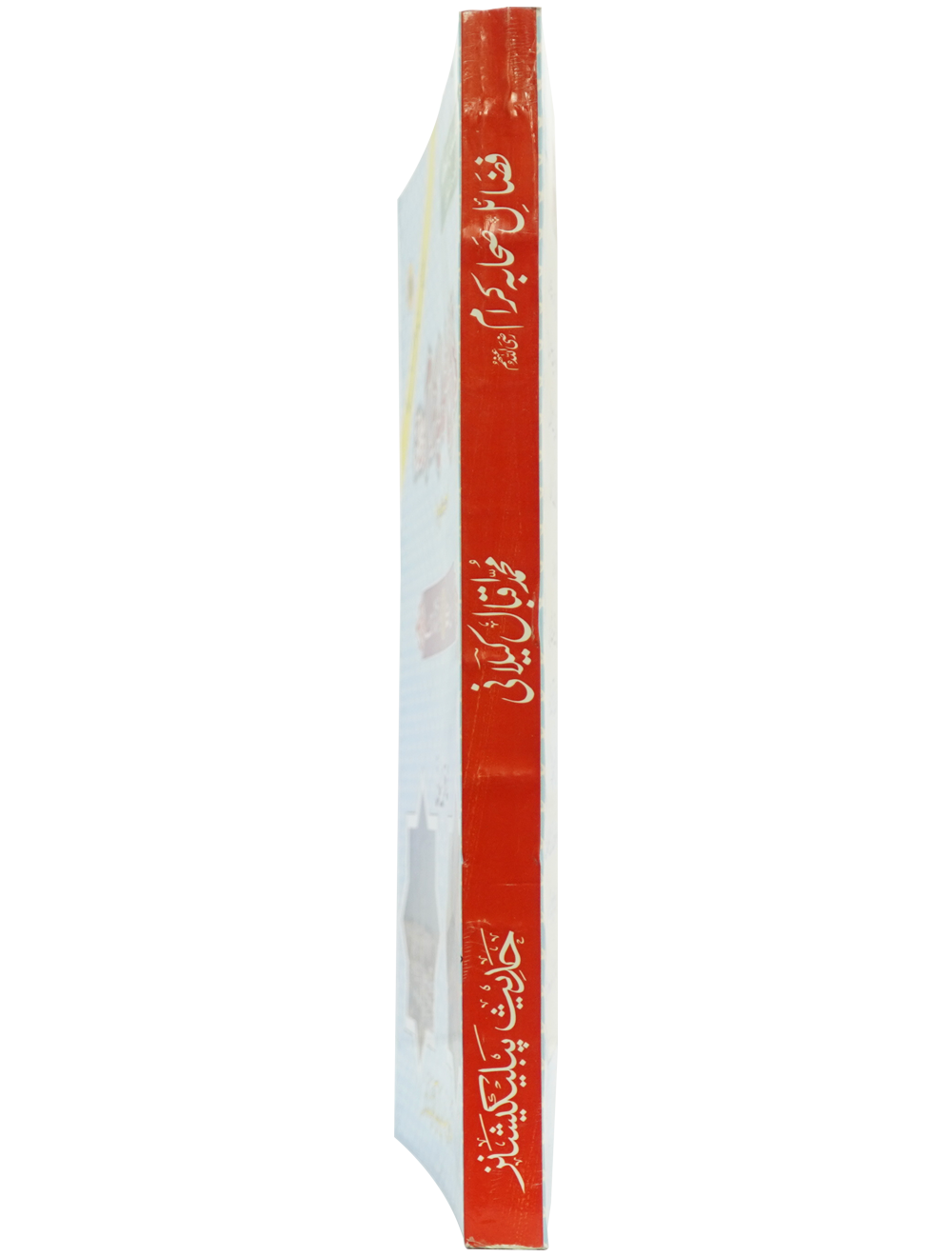
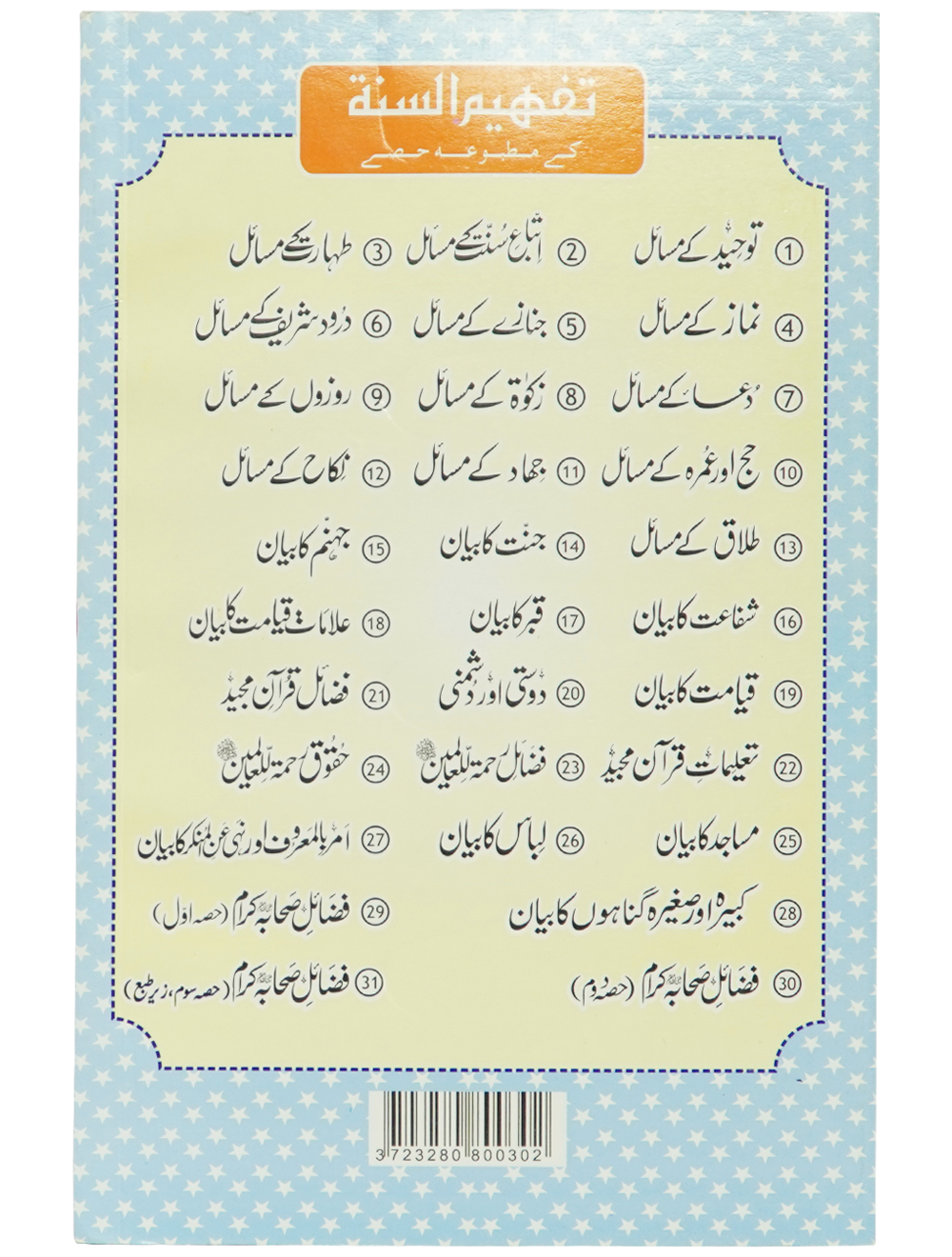
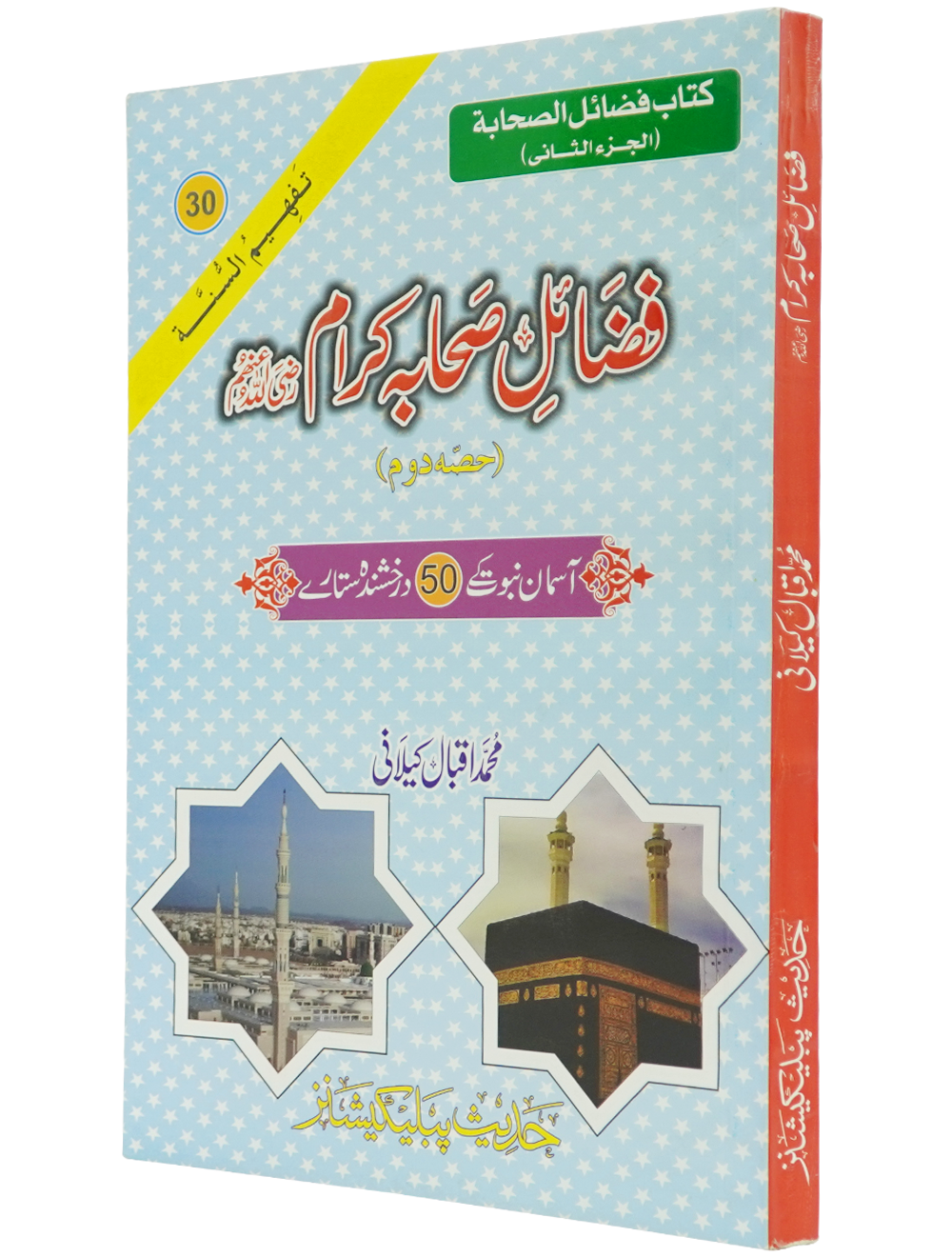
Overview:
Fazail e Sahaba Karaam (part 2) is a powerful Islamic book that explores the virtues, stories, and revolutionary impact of the Prophet Muhammad’s (PBUH) companions in light of the Quran and authentic Hadith. This volume focuses on 50 Makkan and Madinan Sahaba who played a pivotal role during the early days of Islam.
Through deeply inspiring accounts of their faith, struggles, and sacrifices, the book highlights how these noble companions helped lay the foundation of the Islamic movement in Makkah and Madinah. It serves as a spiritual guide for strengthening one’s faith, encouraging righteous actions, and walking in the footsteps of these remarkable figures.
Key Features:
-
Profiles of 50 Revolutionary Companions
The book presents detailed accounts of 50 Makkan and Madinan companions, such as Bilal ibn Rabah, Hamzah ibn Abdul Muttalib, and Mus'ab ibn Umair (RA), who made monumental contributions during the early Islamic era. -
Historical Turning Points
It features life-changing moments in Islamic history, including how Bilal (RA) remained steadfast in his faith despite brutal torture by the Quraysh. -
Authentic References from Qur’an & Hadith
Every story is supported by reliable sources, such as the Prophet’s (RA) saying:
“Hamzah is my uncle in Paradise.” (Sunan al-Tirmidhi, 3759) -
A Source of Spiritual Strength
These stories deeply move the reader, illustrating the unshakable faith, endurance, and sacrifices of the Sahaba, fueling the reader’s own spiritual growth. -
Inspiration for Righteous Deeds
From their bravery and generosity to their unwavering devotion, the lives of the Sahaba inspire readers to pursue virtuous deeds and live purposefully in the path of Allah. -
Simple Yet Impactful Language
Written in a clear and emotionally engaging style, the book is accessible to all readers and leaves a lasting impression on the heart. -
An Essential Chapter of Islamic History
This book opens a vital chapter of Islamic heritage, illustrating how the Sahaba were the pillars of early Islam and how their legacy continues to shape the Muslim world.

